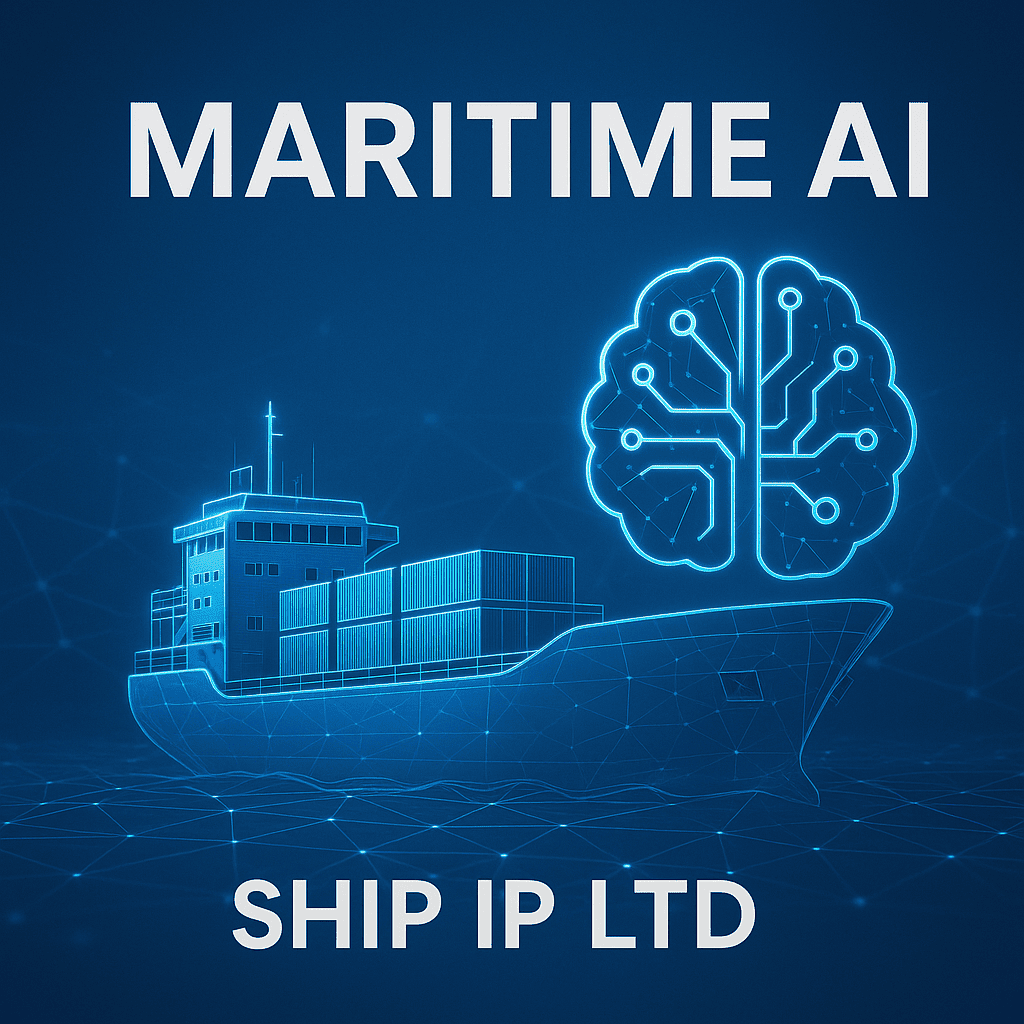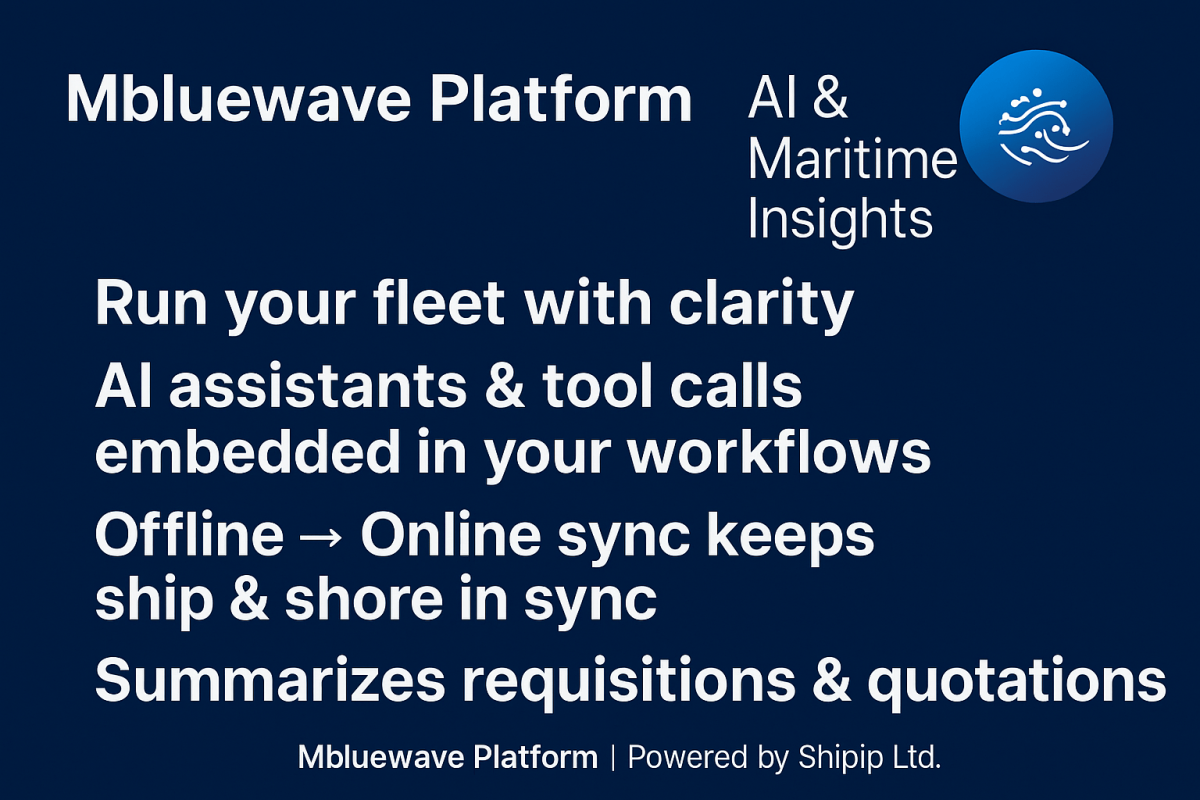AI is transforming the high seas — here are the top maritime + AI developments (Mid–Late September 2025)
September 26, 2025 AI (Artificial Intelligence)Maritime Safety News
1. Norway names new national AI centre for shipping
The Norwegian government has granted the Norwegian Maritime AI Centre the status of a national research centre for applied AI in shipping, funding it with NOK 100 million (~USD 10 million) over five years. This centre, led by NTNU, will bring together industry, academia, and international partners to accelerate AI adoption in maritime operations.
2. BigBear.ai shows AI for maritime domain awareness at UNITAS 2025
In the UNITAS joint naval exercise, BigBear.ai is deploying AI tools (e.g. computer vision, pattern-of-life analysis, risk forecasting) to strengthen situational awareness across unmanned, hybrid, and traditional naval assets. Their orchestration platform (ConductorOS) enables training and deployment of AI even in low-connectivity or contested maritime environments.
3. Blue Water Autonomy partners with Conrad Shipyard to build autonomous vessels
Maritime startup Blue Water Autonomy signed a deal with Conrad Shipyard in Louisiana to produce unmanned surface vessels (USVs). The first units are slated for sea trials next year. This collaboration signals scaling of autonomous vessel manufacturing in the U.S. maritime sector.
4. AI tool launched to detect misdeclared / dangerous goods in containers
The World Shipping Council (WSC) rolled out an AI-powered cargo screening tool under its cargo safety program, aiming to identify misdeclared or undeclared dangerous goods before loading. These errors are a leading cause of onboard fires, and the system adds a machine learning feedback loop to improve over time.
5. Shield AI & HII team up to advance multi-domain autonomy
Shield AI’s mission autonomy software (Hivemind) is now being integrated with HII’s maritime robotics and autonomy suite, enabling cross-domain unmanned systems that operate seamlessly between air and sea. This partnership is positioned to accelerate autonomous operations in GPS-denied or contested environments.
6. Cetasol raises funding for maritime AI decision support & digital twins
Cetasol secured €2.3 million to develop AI decision support systems and digital twins tailored to the maritime sector, with a goal of improving operational efficiency, fuel consumption, and predictive maintenance. autonomous ships
A recently published paper, “Explainable AI for Maritime Autonomous Surface Ships (MASS)”, analyzes how transparency (decision rationales, confidence scores, alternatives) and interface design can improve trust between human operators and AI systems, especially in handover or emergency situations. arXiv
Another complementary work, “From Sea to System: Exploring User-Centered Explainable AI for Maritime Decision Support,” proposes methods to align system explanations with human decision makers’ mental models.







